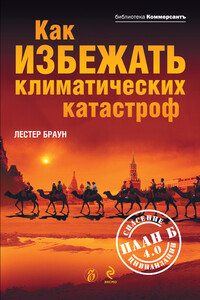Английский язык для специальных и академических целей: Международные отношения и зарубежное регионоведение. Часть 1 | страница 26
9. The devolution of powers to Scotland has been a mild extortion racket .
10. . the flow has gone to Westminster rather than away from it.
1. What are the Scottish nationalists' arguments in support of Scotland's independence?
2. How does the article refute the arguments?
3. Why, according to the Economist, is the union worth preserving?
4. In what way should the union be changed?
1. Do you think the tone of the article is condescending to the Scots? If so, can you prove it?
2. Does the article make a compelling case for retaining the union?
3. Why do you think the Scots voted ‘no' to independence from the UK?
4. Do you think the results of the referendum are a missed opportunity for Scotland?
a) the reforms the UK government will have to carry out after the Scottish referendum OR
b) the history/feasibility of similar referendums in other countries
VOCABULARY PRACTICE 2
1. the act of breaking up an organization, institution, etc. so that it no longer exists
2. a feeling of satisfaction with a situation or with what you have achieved, so that you stop trying to improve or change things — used to show disapproval
3. a feeling of anger or displeasure about someone or something unfair
4. to be more important or valuable than something else
5. difficult to believe and therefore unlikely to be true
6. something that you think is true although you have no definite proof
7. something that limits your freedom to do what you want
8. to prevent someone from having something, especially something that they need or should have
9. to cause pain, suffering, or trouble to someone, especially for a long period of time
10. lasting for only a short time, brief
11. to accept someone's opinions and try to do what they want, especially when their opinions or needs are different from yours
12. to let someone else have your position, power, or rights, especially unwillingly


